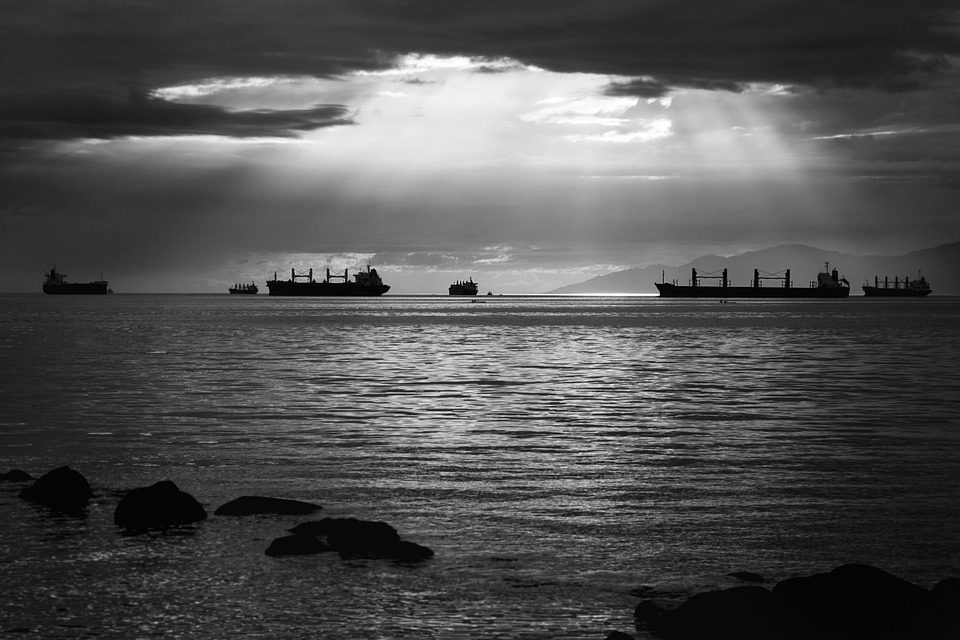German spies in Goa? Technically, yes. During the World War II there were three German ships along with one Italian merchant ship stationed in Goa. These ships were protected from any British attack in the neutral waters of the Portuguese territory of Goa. These ships did more than just stay put. So, exciting is the tale that a Hollywood movie has immortalized the incident.
Portugal had been a neutral nation during the whole course of World War II. Hence their immediate neighbors the Britain had no tussle or issues the Portuguese ruled Goa. But the German ships taking refuge there had begun to transmit information to their counter parts in the Indian Ocean.
It is said the information was being passed on the German U-boats in the vicinity that would use it to destroy allied merchant ships. This was a cause of great concern to the British as the enemy was in the immediate neighborhood of a far away overseas territory.
They devised a plan to do away with the merchant cum spy ships and Operation Creek was born. The idea was to carry out a covert operation and in process destroy the ships in Goa. Members of Calcutta Light Horse and Calcutta Scottish were entrusted with the responsibility to carry out the covert attack.
The men traveled from Calcutta to Cochin (Kochi) in South India. From there they used a barge (Yes! a barge) named Phoebe to reach Goan waters. In a ruse the British aired a messaged saying they were planning to invade Goa. This message was picked up by the Germans who in an attempt to protect the ships from an attack pulled the ships into the Mormugao harbor.
The attack began during the cover of darkness while ship’s crew was away. The men were swift and confusion among the German crew helped out. The men got out of Goan waters before the Portuguese could intercept who was responsible for the attack.
The involved in the mission returned to their civilian lives and could not be acknowledged for their bravery due to the covert nature of Operation Creek. The official records were declassified decades later. ‘Boarding Party’ by James Leasor a book published in 1978 was about the incident. ‘The Sea Wolves’ was a Hollywood movie released in 1981 was based on this book highlighting the incident.


